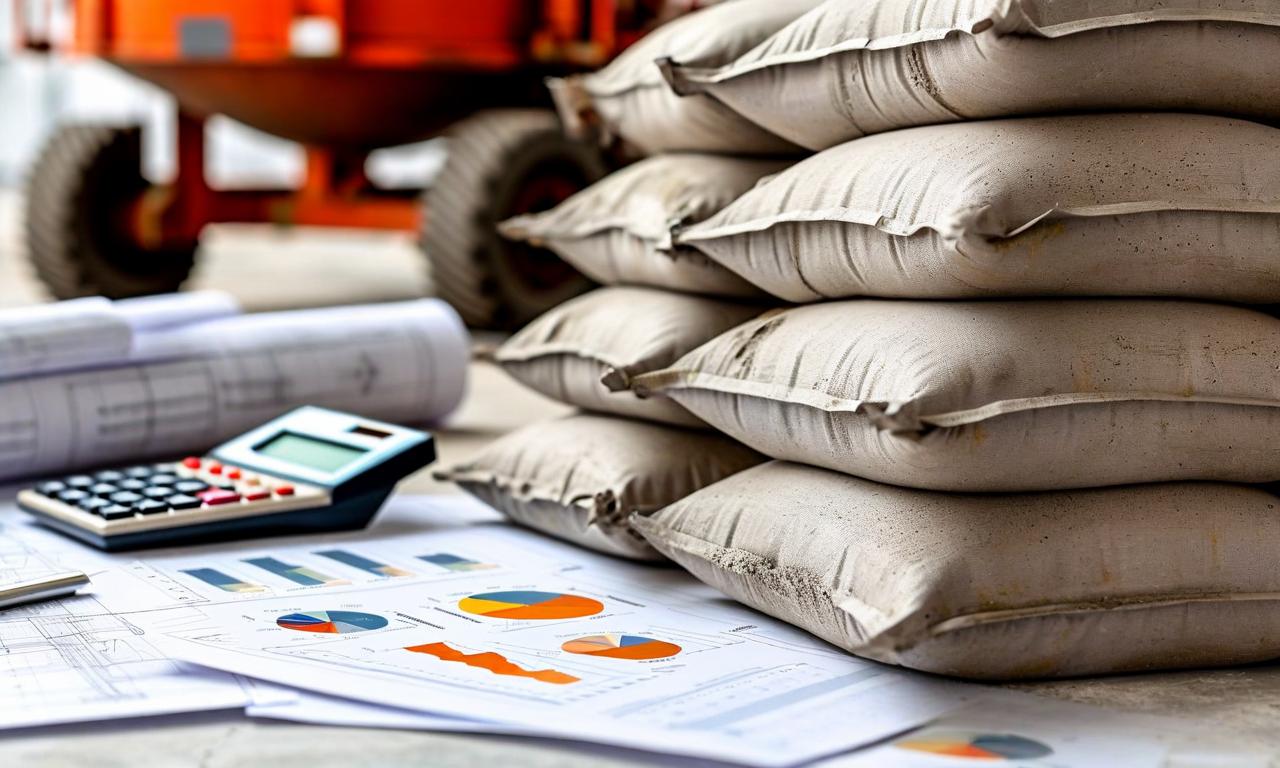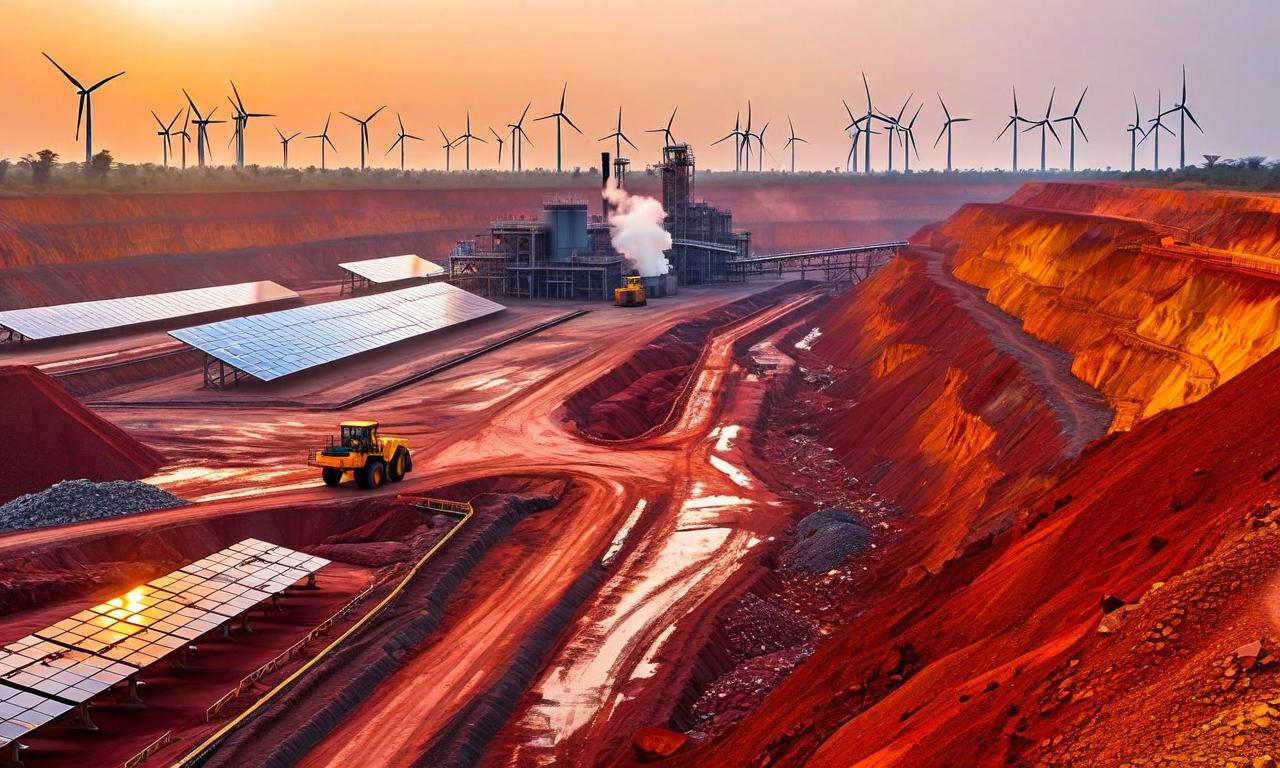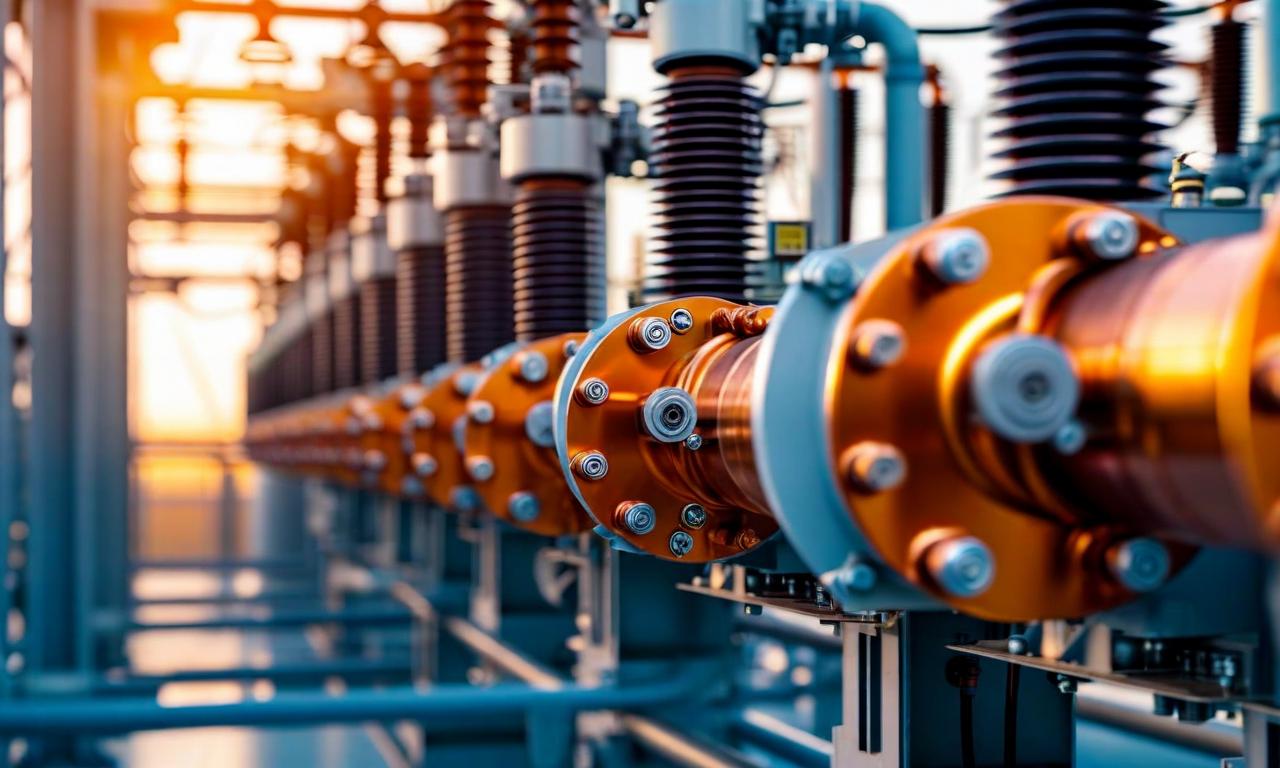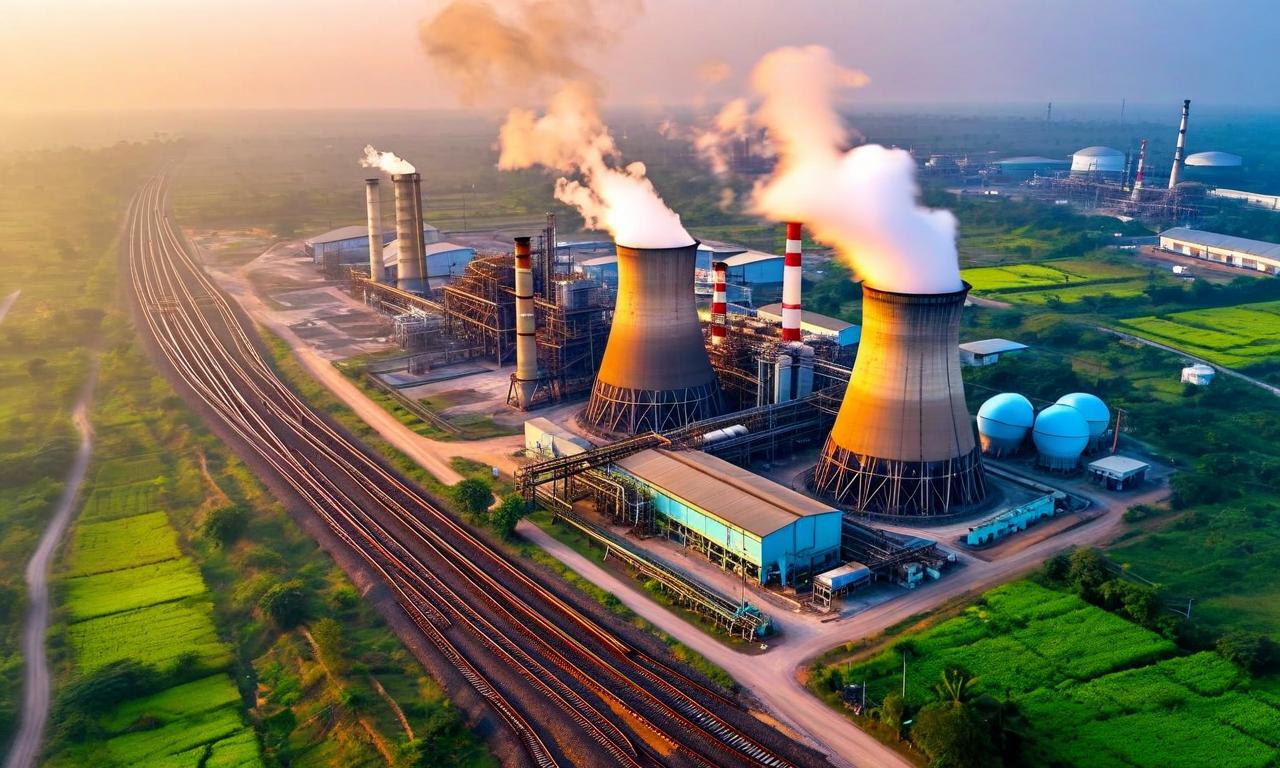Cement Prices Rise 8% Year-on-Year as Fuel and Gypsum Costs Surge
The Indian cement industry is experiencing significant price increases and cost pressures. All-India average cement prices have risen 8% year-on-year to Rs 360 per 50-kg bag. Rising input costs, particularly petcoke (up 17%) and gypsum, are driving these increases. Despite challenges, cement demand grew 9% in May, reaching 39.6 tonnes. Analysts project 6-7% volume growth for the year. Operating margins are expected to improve by 80-150 basis points, reaching 16.5-17%. Indian cement remains competitively priced globally at $92 per tonne compared to $140 in the USA and $229 in Germany.
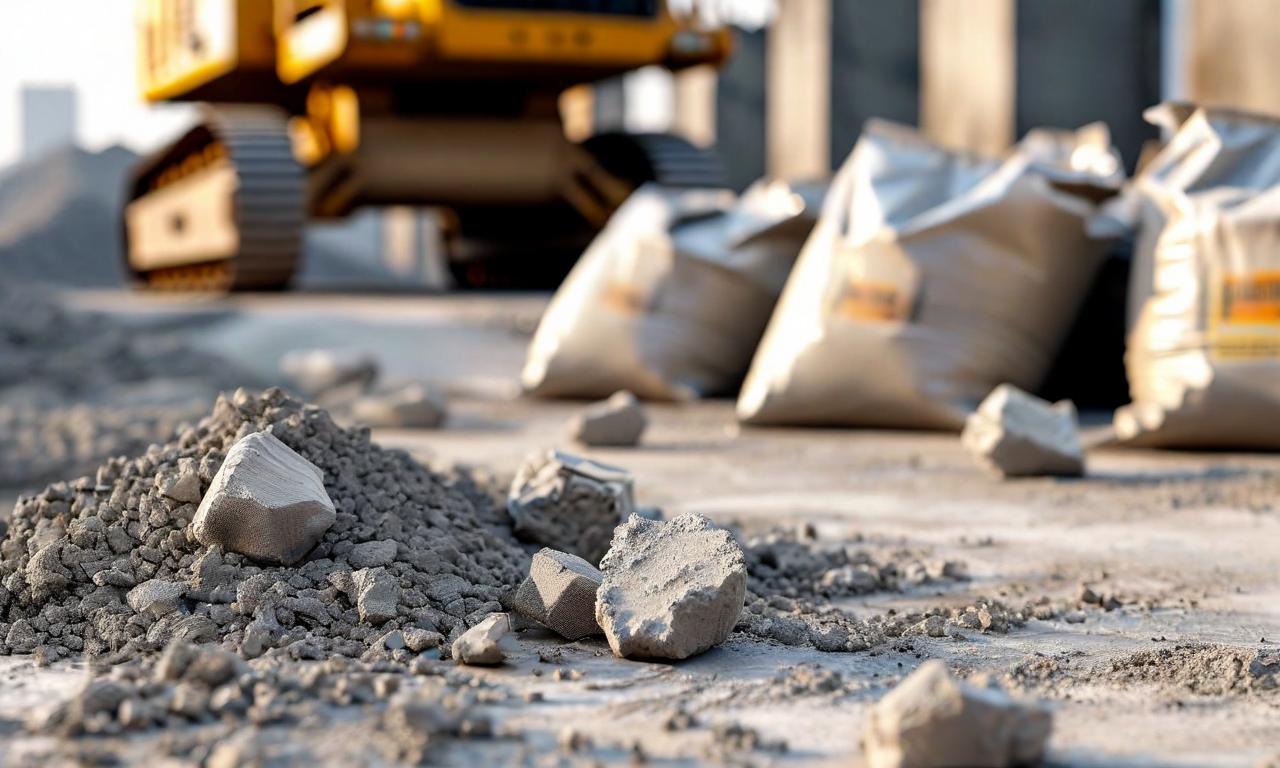
*this image is generated using AI for illustrative purposes only.
The Indian cement industry is experiencing significant price increases and cost pressures, according to recent market data. The sector faces challenges from rising input costs while simultaneously benefiting from robust demand growth.
Price Surge and Cost Pressures
All-India average cement prices have reached Rs 360 per 50-kg bag, marking an 8% year-on-year increase. This price hike is primarily attributed to rising input costs, particularly in fuel and raw materials.
International petroleum coke (petcoke) prices have surged by 17%, adding Rs 75 per tonne to production costs for Indian cement manufacturers. This increase is particularly impactful as India imports 12-14 million tonnes of petcoke annually for cement production.
Companies like Shree Cement and JK Cement, which rely heavily on petcoke for their energy needs (70-95% of total energy consumption), are facing the highest exposure to these cost increases.
Adding to the cost pressures, gypsum prices have also risen due to import dependence and depleting domestic reserves.
Demand Growth and Industry Outlook
Despite the cost challenges, the cement sector is experiencing strong demand growth:
- Cement demand grew by 9% in May, reaching 39.6 tonnes
- Analysts forecast a 6-7% volume growth, projecting total demand to reach 480-485 tonnes
Global Competitiveness
Despite the recent price increases, Indian cement remains competitively priced in the global market:
| Country | Cement Price (per tonne) |
|---|---|
| India | $92.00 |
| USA | $140.00 |
| Germany | $229.00 |
Financial Outlook
Analysts are optimistic about the financial performance of cement companies:
- Operating margins are expected to improve by 80-150 basis points
- Projected operating margins: 16.5-17%
These projections assume that current price levels will hold and fuel costs will moderate.
The cement industry in India continues to navigate a complex landscape of rising costs and growing demand. While input cost pressures pose challenges, strong demand growth and the potential for margin improvement present opportunities for cement manufacturers.
